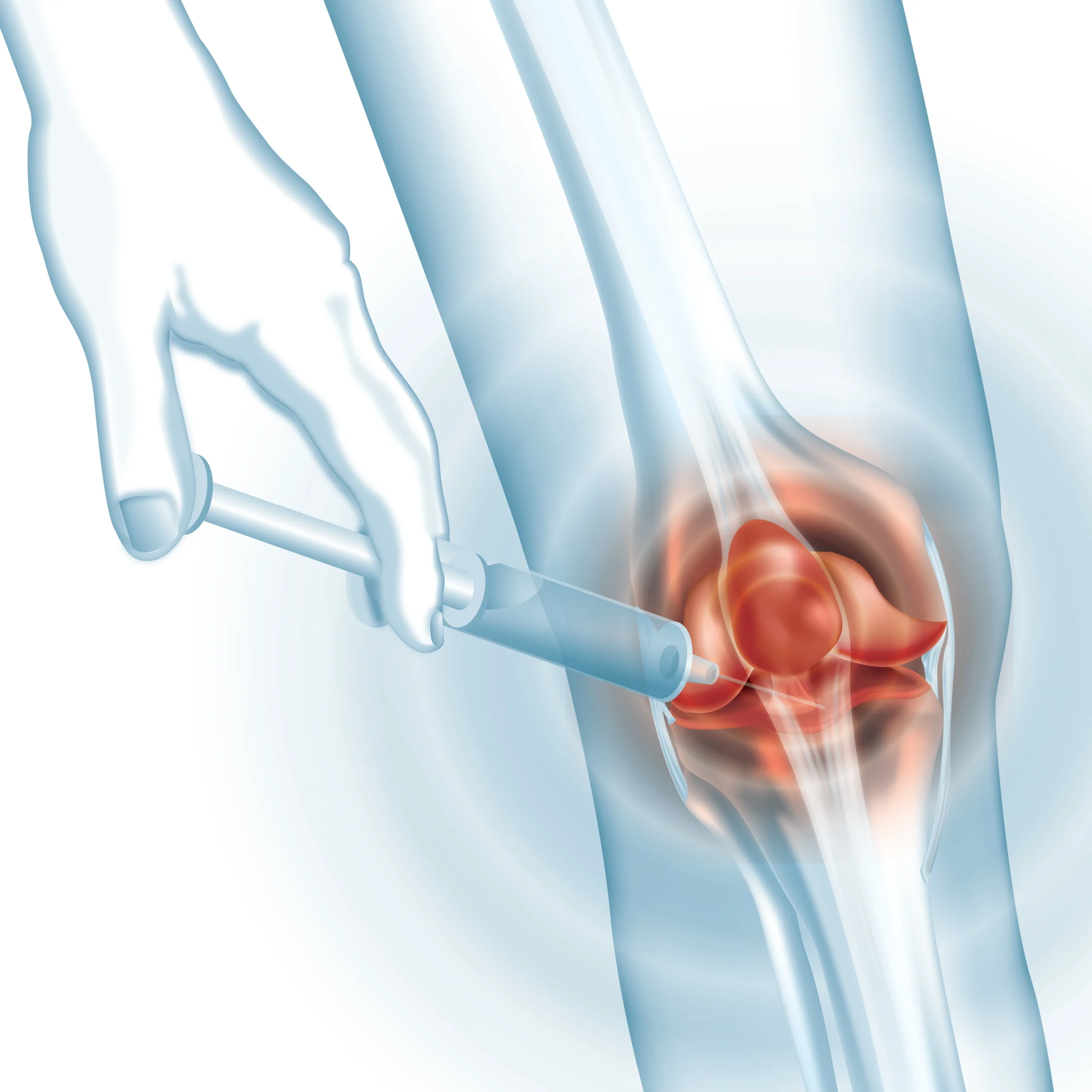Get Help For Radial Tunnel Syndrome
Radial tunnel syndrome is a painful condition caused by pressure on the radial nerve, leading to symptoms like aching pain in the forearm and weakness in the hand and wrist.
At NextPain Care, we understand the impact this condition can have on your daily life. Our aim is to offer effective, evidence-based, and minimally invasive treatments tailored to your specific needs, ensuring you receive the best possible care.
Schedule Your Consultation!

What we do
Manage Pain Due To Radial Tunnel Syndrome Today
At NextPain Care, we prioritize long-term relief and improving the quality of life for patients with radial tunnel syndrome. Our process begins with a thorough evaluation to accurately determine the severity of the condition. From there, we create a personalized pain management plan tailored to each patient’s specific needs.
Our approach starts with minimally invasive options like physical therapy to strengthen muscles and ergonomic adjustments to reduce strain on the radial nerve. If needed, we incorporate advanced treatments such as nerve blocks or steroid injections for further pain relief.
We follow a structured care model, ensuring more intensive interventions are only introduced when necessary, guided by evidence-based practices to provide the most effective care at every stage.
-
Tingling and numbness in the arm and elbow
-
Restricting social interactions due to discomfort and pain
-
Diminishing strength in the grip
-
Restricting the movement of the elbow, arm, and hands
-
Disturbing sleep patterns
-
Improving natural sensations
-
Alleviating pain and discomfort
-
Enhancing grip strength
-
Improving flexibility in elbow, hand, and arm movements
-
Better sleep quality

How Can We Help You?
What Is Radial Tunnel Syndrome And Why Is It Painful?
Start Today





